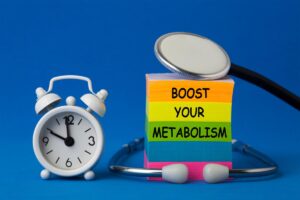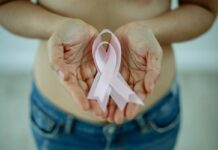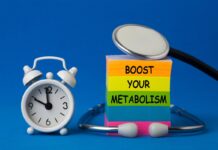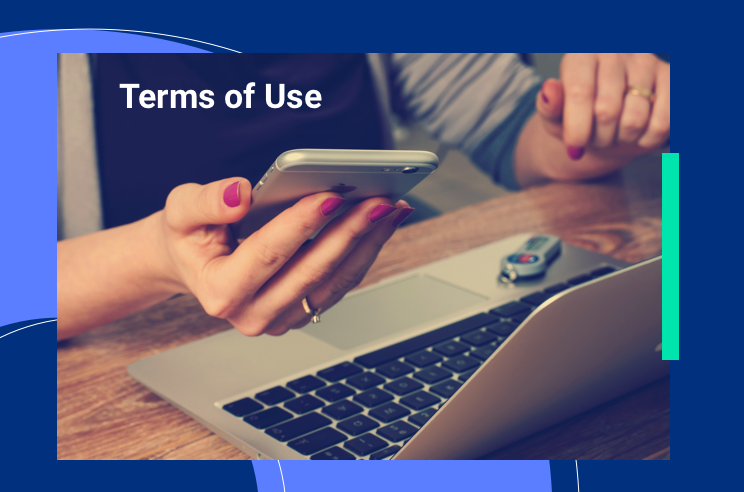PMS is also known as premenstrual dysphoric disorder (PMDD), late luteal phase dysphoria, or premenstrual tension. This syndrome refers to a complex of physical and mood symptoms that worsen in the one to two weeks prior to a woman’s menses and disappear by the end of a full menstrual flow.
Women Complain About Premenstrual Syndrome, But I Think Of It As The Only Time Of The Month That I Can Be Myself.
Behavioral symptoms commonly include fatigue, irritability, labile mood (anger/sadness), depression, oversensitivity, crying spells, social withdrawal, forgetfulness and difficulty concentrating.
Physical symptoms commonly include abdominal pelvic bloating, breast tenderness, acne flare up, appetite changes, food cravings, extremity swelling, headache and stomach upset.

Reducing Menstrual Pain Through Diet:
While a higher level of estrogen will regulate a cycle, it can also cause more painful periods. If you experience painful periods, cutting the amount of fat you consume in half will cut the amount of estrogen you produce in half too.
Other Dietary Ways To Reduce Your Period Pain:
- Eating six small meals throughout the day, instead of three large ones – this can help to keep your blood sugar up and your mood elevated.
- Ensure you’re getting enough calcium.
- Vitamin B6 is sometimes recommended. Diet alone should be enough to provide your body with adequate levels of vitamin B6.
- Vitamin E could be helpful.
- Cut out alcohol – its depressing affects can make your period symptoms seem worse.
- Gaining or losing a lot of weight in a short time can also affect your menstrual cycle. Women who are anorexic or bulimic will often develop amenorrhea, which means they have missed three, or more, consecutive periods. Usually this is due to a loss of body fat and a slow in the production of estrogen, but gaining too much weight can have a similar effect.
Nutritional Management To Reduce Bloating
- Eat potassium rich foods such as cranberries, bananas and other fresh fruits.
- Cut down your sodium intake to less than 2000 milligrams per day. Too much salt will cause water to be release into the skin, causing puffiness.
- Drink plenty of water. This will help to flush salt and other electrolytes out of your body, reducing water retention.
- If your bloating is really bad, water pills and diuretics could provide some relief but should be taken only after physician’s
- Want To Get Your Tattoo Removed? Know All About Tattoo Removal

- 9 Day Navratri Diet Plan – Prescribed By Celebrity Nutritionist Shubi Husain

- Have Doubts Whether Your Partner Is Turning Schizophrenic?

- On World Cancer Day, American Oncology Institute Appeals To Close The Care Gap
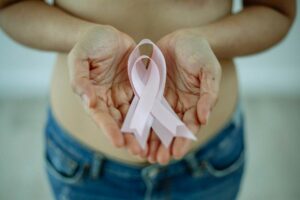
- Chef Sebastian Breitinger’s Relishing Recipe Of Poached Red Wine Pears and Duck Rillette

- Boost Your Metabolism With These Top 10 Foods Recommended By Shubi Husain
